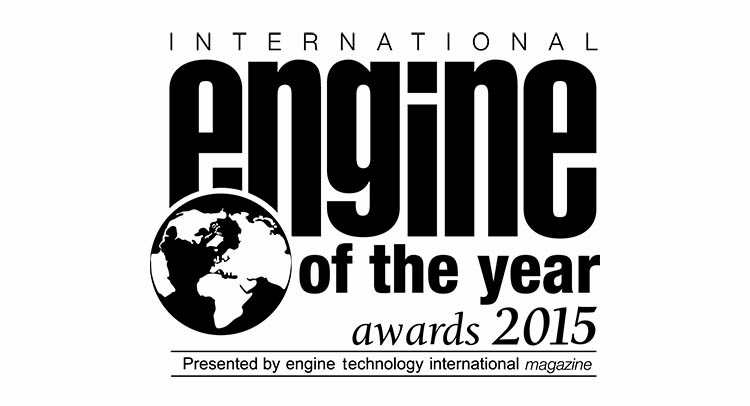The “International Engine of the Year” is an annual competition which brings together a panel of motoring journalists, from around the world, to judge and award the automotive industry internal combustion engines.
The judging panel – composed of 65 journalists from 31 countries – uses “subjective driving impressions and technical knowledge” taking in account things like performance, sound, drivability and fuel economy in order to determine a winner in each category.
Ford’s 1.0-litre EcoBoost won the “Sub 1-litre class”, while in the “1-litre to 1-4-litre” category, PSA’s 1.2-litre three cylinder turbo won the award (Peugeot 208, 308, Citroen C3, DS3, C4 Cactus, etc….
Had enough three-cylinder engines? Well, at the “1.8 to 2.0-litre” category, the 2-litre turbo found on the entry-level AMG Mercs took home the award. (A45, CLA45, GLA45)
Nothing unusual in the “2-litre to 2.5-litre” class; Audi’s 2.5-litre, five cylinder turbo emerged victorious ( Audi RS3, RS Q3).
In the “2.5-litre to 3-litre” category, BMW’s turbocharged 3-litre, found on the M3 and M4, won the award. Another BMW 3-litre twin-turbo six-cylinder followed in 2nd place.
Wait, don’t close the article! Things are just getting interesting. In the “3-litre to 4-litre” category, the award went to McLaren’s 3.8-litre twin-turbo V8, while the Mercedes-AMG 4-litre biturbo V8 took the silver medal.
You know what? I bet you’re getting pretty bored of turbocharged engines. Lucky enough, in the “above 4-litre” category, Ferrari’s naturally aspirated 4.5-litre V8 won the award, while its 6.3-litre monstrous V12 (found on the F12) took 2nd place. Oh, and the marvelous 4.5-litre power-plant, that powered the Italia and the Speciale, also won the “Performance Engine” trophy.
Of course, electric motors were included and Tesla won the “Green Engine” award with its… electric unit.
But like in any other competition, only one overall winner can be crowned. This year, BMW took home the gold with its 3-pot, 1,499 cc hybrid unit that powers the i8 model. BMW’s efficient power-plant had some steep competition, as the 2nd and 3rd place were occupied by 3-cylinder engines, as well. As a Matter of fact, Ford’s 1.0-litre EcoBoost was just 7 points shy from the winner.
BMW’s 1.5-litre engine was chosen due to its ability to blend supercar performance with remarkable fuel economy and low emissions. I mean, the thing can average 134.5 Mpg (2.1L/100km), while pushing 227 horses to the rear wheels. Not to mention its total output of 358 HP when aided by the electric motor. So, take that 1.0 EcoBoost!







